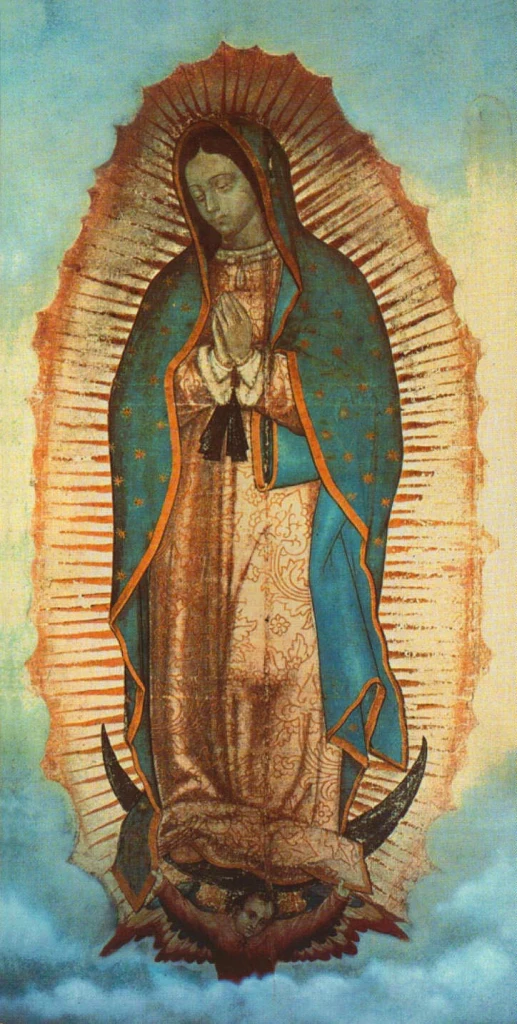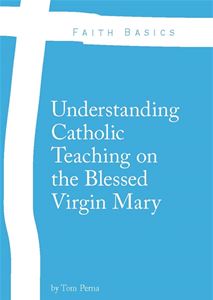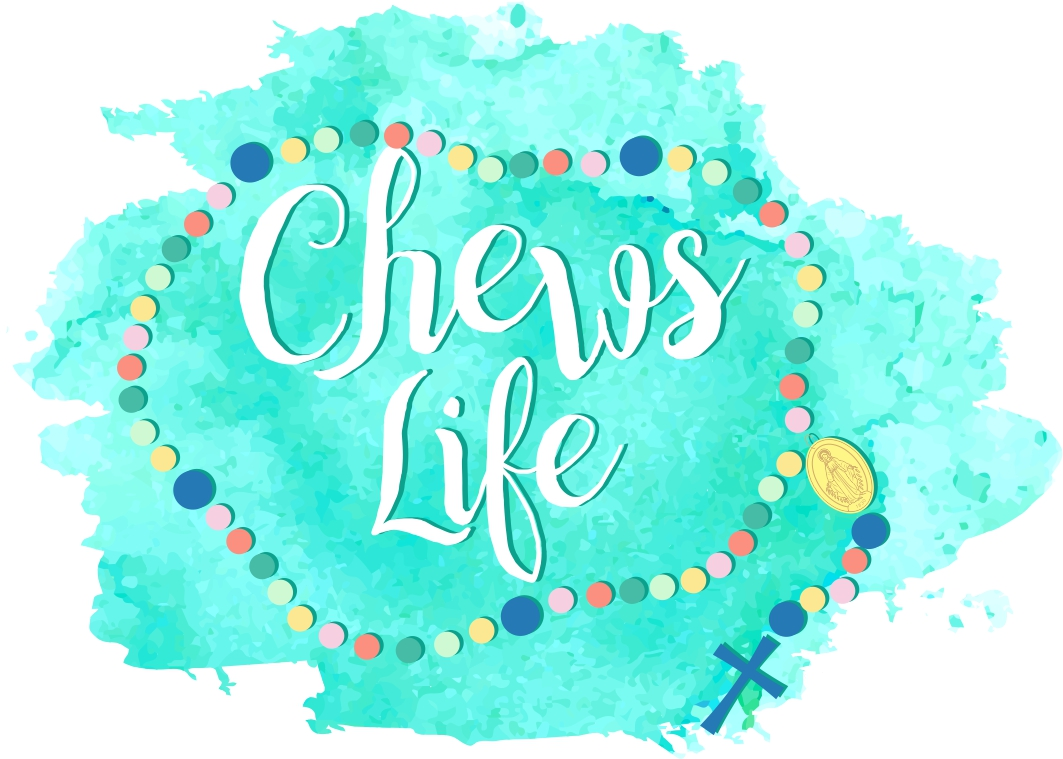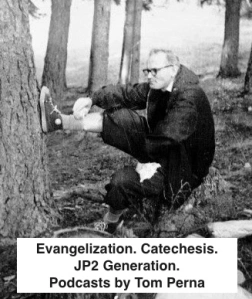I must first throw a shout-out to my favorite football team, The New York Football Giants (Big Blue, G-Men), who won Super Bowl XLVI last night. I sat home last night dressed in my Giants shirt and Giants hat and screamed and yelled at the television like a lunatic for 4 hours. In the end, the G-Men pulled out a victory and to say I am happy is an understatement. They beat the Patriots for the second time this year and the second time in a Super Bowl in the past five years. GO BIG BLUE!!
Now that I got that out of my system, let’s look at What Conscience IS. According to the Catechism of the Catholic Church 1778, “Conscience is a judgment of reason whereby the human person recognizes the moral quality of a concrete act that he is going to perform, is in the process of performing, or has already completed. In all he says and does, man is obliged to follow faithfully what he knows to be just and right.”
According to the Vatican II document, Gaudium et Spes (16), the meaning of conscience – “Deep within his conscience man discovers a law which he has not laid upon himself but which be must obey. Its voice, ever calling him to love and to do what is good and to avoid evil, sounds in his heart at the right moment: do this, shun that. For man has in his heart a law inscribed by God. His dignity lies in observing this law, and by it he will be judged. His conscience is man’s most secret core and his sanctuary. There he is alone with God whose voice echoes, in his depths.” This law that GS is speaking of is the Natural Law. It’s the law that is written on our hearts and directs us to good and avoid evil. The Natural law connects us with the Divine Law of God and it allows us to know human nature through human reason. The Natural Law is unchanging in any time or place, which means it’s objective (compared to subjective…relativism). It helps us to preserve life, develop  individuals and communities, and sharing life with others. Keeping these three points in mind, we see the Natural Law clearly displayed for us in the Ten Commandments. The Ten Commandments preserve life, assist with individuals and communities, and shares in the life of others. Read the Ten Commandments and you will see these points.
individuals and communities, and sharing life with others. Keeping these three points in mind, we see the Natural Law clearly displayed for us in the Ten Commandments. The Ten Commandments preserve life, assist with individuals and communities, and shares in the life of others. Read the Ten Commandments and you will see these points.
The above definition from GS helps us to define three intertwining points of conscience that helps with the comprehension of moral truth. The three points are “Conscience is awareness of God’s call to be, Conscience is awareness of God call to know and do the good, that is, to love, and Conscience is a practical judgment of the intellect.”
First, “Conscience is awareness of God’s call to be” is rooted in the very core of the human person where we exist with the God as the Trinity. This call from God comes as an invitation for us to answer him, for we are created in his image and likeness; we are his children. The conscience is personal as is our relationship with God. Second, “Conscience is awareness of God’s call to know and do the good, that is, to love” should be displayed by us who strive to mirror God in all that we do. When we love, we do the good and avoid evil. This happens when we follow the natural law that God has written on our hearts. As conscience is personal, it’s also to do the good and avoid evil. Lastly, “Conscience is a practical judgment of the intellect.” The practical judgment of the intellect helps in those situations that occur to us on a daily basis. Blessed John Paul II said that conscience is a judgment and NOT a decision. Assisted by God himself, this internal call helps with the good actions and evil actions we have committed, about to commit, or have committed in the past. There is great deal of practicality to the conscience. It helps us to do the good and avoid evil. The three points together show us how to love God by doing the good and avoiding evil while still remaining practical. Through our conscience we must seek out moral truth.
However, our conscience is not merely an individual entity, but we must strive to unite our conscience with that of the human community. As the human community, we must seek out truth itself, especially the moral truth that allows us to know the objective norms of morality and in turn will allow us to seek the common good. As part of the Christian community, the individual must learn to live among others seeking what is best for them as well. Christ established the Church as a community of believers here on Earth and from the beginning of the world, we were meant to live in a community. We were not to live alone. Within in the community there are many issues that must be discussed, such as how a nation will deal with illegal immigration, or the economy, or religious freedom. An essential point of the Christian community is to be responsible to for one another and to aid in the moral procedures and laws that will affect the life we live together.
Conscience Formation 103 and 104 will come later this week.
I encourage you to leave comments and questions. I also encourage my colleagues and friends who are reading my blog to leave comments so we all have a deeper understanding of Conscience Formation.
Categories: Moral Theology










It seems that one problem with conscience is that it requires reason. Sometimes emotions and passions dominate the mind and reason may not prevail. It may take years for reason to prevail.
Very true Mary Ann. See Conscience Formation 103 – I talk about this in that post.